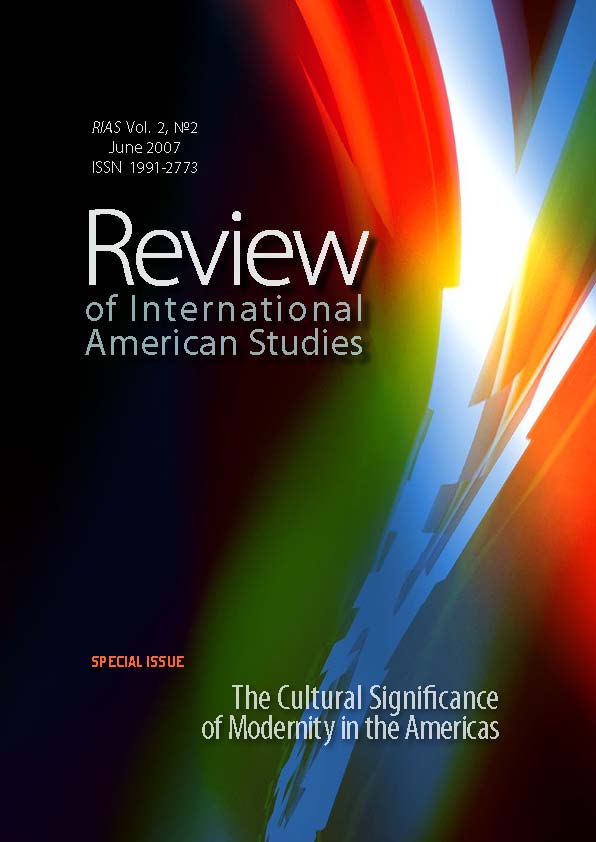“Lifting As We Climb”: Black Women, “Race,” and the Modern Moment
“Lifting As We Climb”: Black Women, “Race,” and the Modern Moment
Author(s): Cyraina Johnson-RoullierSubject(s): Language and Literature Studies, Studies of Literature, Other Language Literature, Cultural Anthropology / Ethnology
Published by: Wydawnictwo Uniwersytetu Śląskiego
Summary/Abstract: In July of 1895, the British Anti-Lynching Committee received an offensive letter from John W. Jacks, president of the Missouri Press Association. The letter was defamatory of all blacks, but, in an attempt to discredit the successful anti-lynching activities of journalist and social reformer Ida B.Wells-Barnett, reserved its most vituperative comment for black women. Denouncing blacks in general as lacking in morality, the letter singled out black women as not only ‘prostitutes,’ but ‘natural thieves and liars.’ The British Anti-Lynching Committee forwarded this letter to Josephine St. Pierre Ruffin, who was then president of the Woman’s Era Club of Boston. In response, Ruffin sent copies of the letter to the black women leaders of other clubs around the U.S., and called for a meeting whose purpose would be to form a national organization of black women with the goal of fighting such calumny, among other activities directed at improving social and material conditions for blacks. The one hundred women who attended the meeting later that year from all parts of the United States founded the National Federation of Afro-American Women, or NACW. Taking as its motto ‘Lifting As We Climb,’ this group was prescient in its highlighting of the role of women in the work of racial uplift inaugurated by many blacks after Emancipation and the failure of Reconstruction (Jones, 21–23).
Journal: Review of International American Studies
- Issue Year: 2/2007
- Issue No: 2
- Page Range: 50-58
- Page Count: 9
- Language: English

